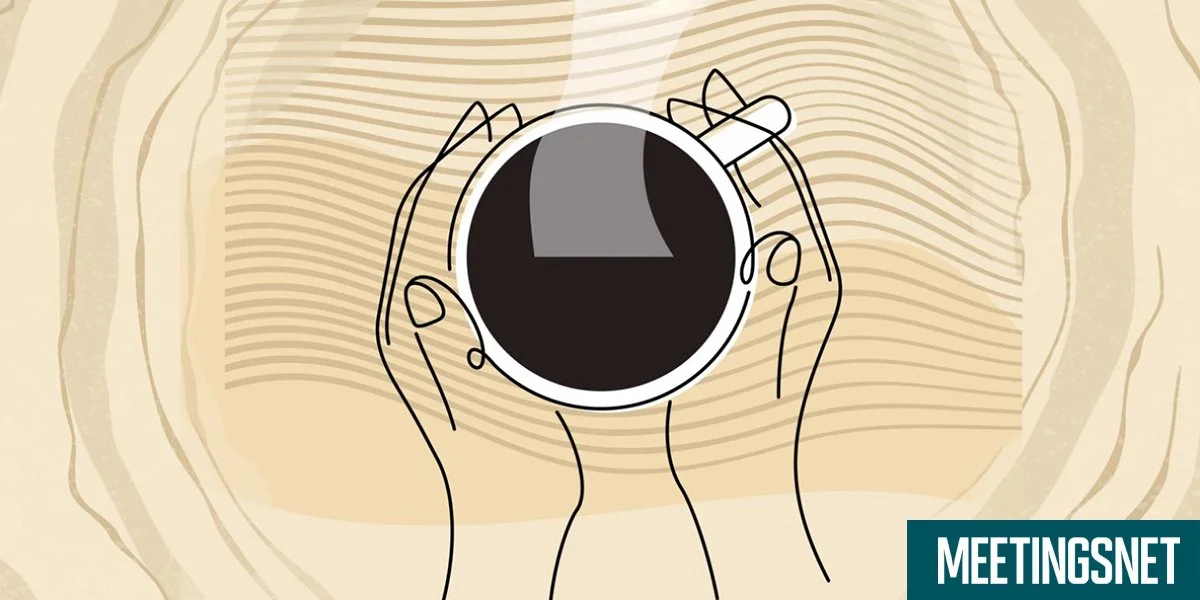Aspire FALL 24 Tips & Trends: Mental Health
SUPPORT YOUR TEAM’S MENTAL HEALTH
Supporting your team’s mental health is more important than ever, especially for meeting professionals managing high-stress projects. Smart Meetings’ article Supporting Employee Mental Health in the Workplace: Practical Tips for Meeting Professionals provides three effective ways to make your workplace more positive:
Spiral Up with Positivity: Use the Spiral Technique to encourage your team to focus on the good stuff, like starting meetings by sharing something positive. Celebrating small wins and giving positive feedback can also boost everyone's mood.
Climb the Thought Ladder: Implement the Thought Ladder Technique to help team members gently shift from negative to more positive thoughts. It's about finding better ways to see things step by step.
Create a Culture of Open Communication and Support: Regularly check in with your team and let them know it’s okay to talk about challenges. Share mental health resources and make support easily accessible.
These simple actions can make a big difference, helping everyone feel more valued and supported.
BOOST YOUR MENTAL HEALTH BETWEEN EVENTS
Event professionals must prioritize self-care and physical activity to support mental well-being, especially between events. Here are EventWell’s Top 10 Tips for Event Professionals to Stay Active and Boost Mental Health Between Events:
Schedule Regular Breaks: Include short movement breaks in your day.
Create a Flexible Fitness Routine: Adaptable exercises that fit a busy schedule.
Set Realistic Goals: Establish achievable fitness goals.
Incorporate Movement into Daily Tasks: Stay active through daily activities.
Get Outside: Engage in outdoor activities to boost mood.
Join a Fitness Class or Group: Stay motivated with group exercises.
Prioritize Sleep and Recovery: Ensure adequate rest and recovery.
Practice Mindfulness and Stress Management: Use techniques like meditation.
Stay Hydrated and Eat Nutritious Foods: Maintain a balanced diet.
Find Balance and Listen to Your Body: Adjust activity levels as needed.
STRESS RELIEF FOR PLANNERS
Planners have very stressful jobs, triggering a full range of emotions. Research shows that when you can identify an emotion, you can slow your reactions to it and act wisely for work purposes and in a more healthy way for yourself. The article Stress Relief for Planners: A Guide by MeetingsNet encourages the practice of writing down your emotions in order to redirect them. Whether it’s anger, anxiety, sadness, or discouragement, acknowledging feelings helps you channel them positively, maintain your mental health, and ultimately improve your productivity and relationships at work.




